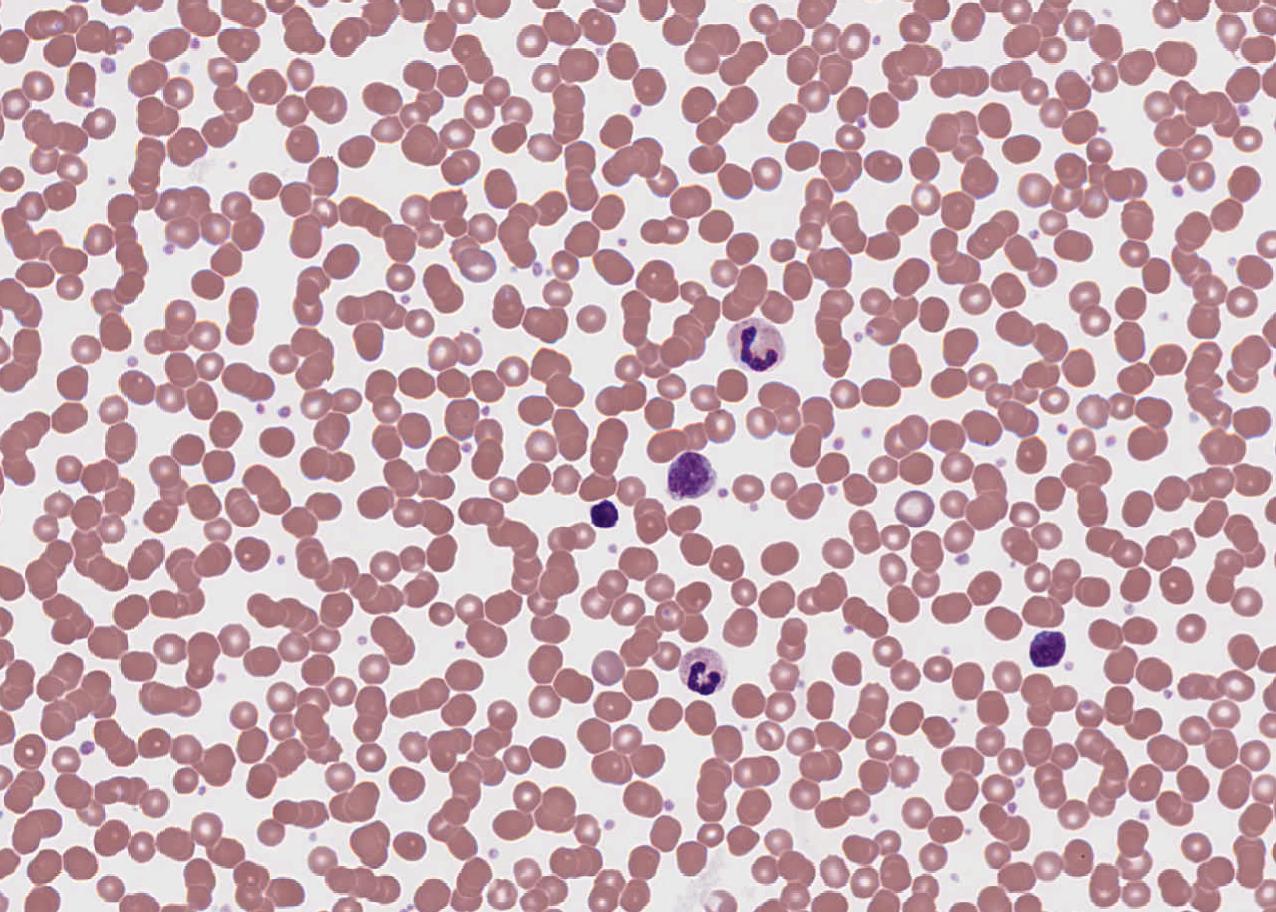
BMLSc – Peripheral Blood Smear
Program Aim
Our program aims to develop students’ understanding of medical laboratory science which, encompasses the disciplines of: human pathology, cytology, histology, hematology, clinical and histochemistry, medical microbiology, immunology, biochemistry, toxicology, analytical chemistry, microscopy, genetics, molecular biology, tissue culture, and statistics. BMLSc graduates will be globally-aware citizens who are able to contribute their unique expertise to a clinical or foundational science research laboratory or other settings.
Learning Outcomes
By the end of the BMLSc Program, graduates will be able to act professionally. This will be demonstrated by their ability to:
-
- act responsibly in various laboratory science contexts;
- recognize ethical implications of given situations;
- behave with integrity;
- communicate clearly and professionally with various parties through various means;
- demonstrate compassion in their dealings with colleagues and the broader community;
- protect confidentiality;
- respect human diversity;
- work safely;
- recognize their own limitations and accept constructive feedback.
By the end of the BMLSc Program, graduates will be able to:
1. demonstrate a coherent understanding of Medical Laboratory Sciences in order to contribute within clinical and/or foundational science research settings.
2. apply knowledge and skills of laboratory science to:
● accurately perform a variety of laboratory tests/analytical techniques
● research protocols and best practices
● adopt and improve protocols
● design and conduct simple experiments and assist with more advanced experiments
● document, assess and interpret results.
By the end of BMLSc Program, graduates will be able to:
1. engage in evidence-based practice in their professional lives. This will be demonstrated by making informed, well-reasoned decisions after evaluating diverse perspectives, ethical implications and evidence;
2. apply science information literacy skills to their work by:
● formulating good questions
● identifying, defining, and investigating problems
● gathering, synthesizing and evaluating different sources of information, and citing resources appropriately
● responding to questions/problems using evidence, while taking into account the limitations of this evidence
3. critically analyze scientific studies to evaluate the validity, reliability, generalizability and applicability of the methodology, results and conclusions.
By the end of BMLSc Program, graduates will:
● value the importance of effective teamwork;
● understand their personal role in creating the conditions for effective teamwork and productive collaborations (e.g. giving and receiving constructive feedback);
● show mutual respect in professional relationships;
● demonstrate the ability to work collaboratively towards a common purpose.
By the end of BMLSc Program, graduates will be able to:
1. demonstrate a commitment to lifelong learning by assessing and reflecting upon their skills, limitations, values, aptitudes, interests, and overall competencies, and using this information to create and implement a plan for ongoing professional and personal growth;
2. learn and work in a way that is motivated by curiosity and a desire to meet new challenges;
3. use their laboratory training, knowledge and research skills to explore and respond to medical science issues of various scales.
By the end of BMLSc Program, graduates will be able to:
1. help a variety of people (peers, junior and senior colleagues, family and community members) with different backgrounds/knowledge levels learn about medical and laboratory science (e.g., learn the foundational science of how the body works, what goes wrong and how to test for and treat disease; learn about clinical and diagnostic innovations and about current controversies);
2. teach effectively by applying principles of adult learning that include gauging the learners’ prior knowledge, setting appropriate learning objectives, using helpful teaching aids, focusing on learners’ needs, giving and incorporating constructive feedback, and listening carefully;
3. explain the role and relevance of medical laboratory science in society.